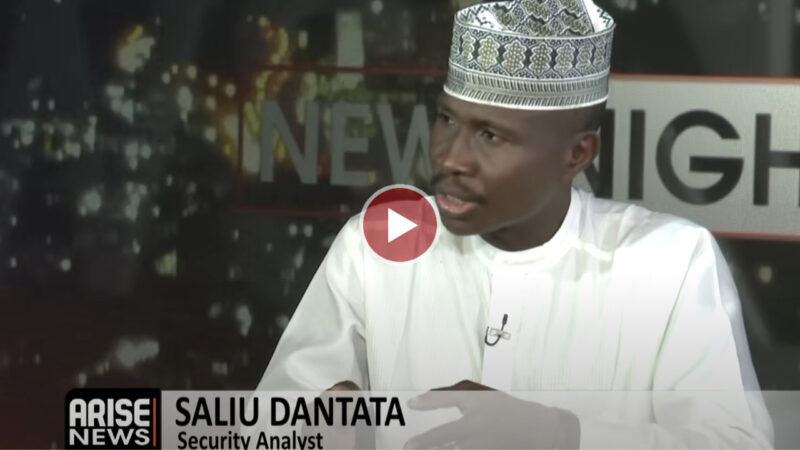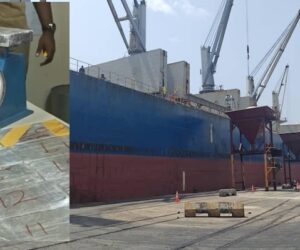https://www.arise.tv/wp-admin/post.php?post=177578&action=edit
Security Analyst Saliu Dantata has warned that the Federal Capital Territory (FCT) is facing a serious security collapse, with surveillance, intelligence gathering, and law enforcement coordination nearly nonexistent across the city.
Speaking on ARISE News on Saturday, Dantata said Abuja’s once robust security architecture has deteriorated sharply over the years, leaving residents and even top government officials vulnerable to criminal attacks.
“A lot of things have changed. During the Abacha era, there were coordinated joint security patrols across the city — police, DMI, naval intelligence, and strike forces. There were surveillance wagons patrolling all area councils. But those systems have collapsed,” he said.
He noted that criminal activity, which was once confined to the outskirts, has now spread into the heart of the city.
“Places like Bwari, Ushafa, and Karu used to be hotspots. Now, crime is right inside the city centre — near the Force Headquarters and around the central area,” Dantata said.
The analyst lamented that the FCT police command no longer maintains visible surveillance, with miscreants freely occupying public spaces close to police institutions.
“If you go near the Force Headquarters, you’ll see miscreants sleeping along the wall by Sheikh Mahmoud Gumi College. They rob people at night and disappear into hiding places near Sheraton and the central area,” he said.
Dantata also criticised the justice system for undermining police efforts.
“Police officers arrest these boys and charge them to court, but days later they see them walking free again. So the judiciary must also take responsibility,” he added.
Responding to the claim that security agencies have recorded recent successes, Dantata expressed scepticism.
“Nigerians struggle to believe these statistics because they don’t feel safe. Even near the Force Headquarters, people are being robbed and kidnapped. That shows how broken the system is,” he stated.
He said insecurity in Abuja now affects all classes of society — from low-income residents to top officials and military officers.
“It’s not only the masses who are unsafe. A DSS director’s house was robbed in Zone A legislative quarters. Even retired generals and directors have been attacked in their homes. So no one is truly safe anymore,” he said.
Dantata also linked Abuja’s insecurity to poor vetting of private security personnel and the proliferation of unregulated estate guards.
“Many estates employ private guards without profiling them. Some are even criminals posing as security men,” he warned.
He highlighted that porous entry and exit points make it easy for arms and criminals to move freely.
“If I wanted to transport weapons into Abuja, all I’d need is a decent car and a fake DSS escort. That’s how easy it is,” he said.
While acknowledging some progress, such as improvements in street lighting in parts of the city, Dantata maintained that these efforts are cosmetic compared to the scale of insecurity.
“Yes, the FCT minister has improved lighting in some areas, but lights alone don’t stop crime. Surveillance, intelligence, and proactive policing do,” he said.
He attributed part of the crisis to rising unemployment and the growing number of shanties that serve as hideouts for criminals.
“Unemployment is high, and many people from other regions now live in makeshift settlements around Abuja. These shanties have become safe havens for criminals,” Dantata explained.
On the debate over state police, Dantata expressed reservations about the capacity of state governors to manage such forces.
“Security is expensive. State police require training, logistics, weapons, and salaries. Many governors can’t even pay minimum wage — how will they fund a state police?” he questioned.
He, however, urged authorities to strengthen community-based intelligence and make security a shared responsibility between citizens and government.
“From midnight in Abuja, you are on your own,” Dantata said. “Until surveillance, intelligence, and accountability return, both the rich and the poor remain unsafe,”he concluded.
Boluwatife Enome
Follow us on:








